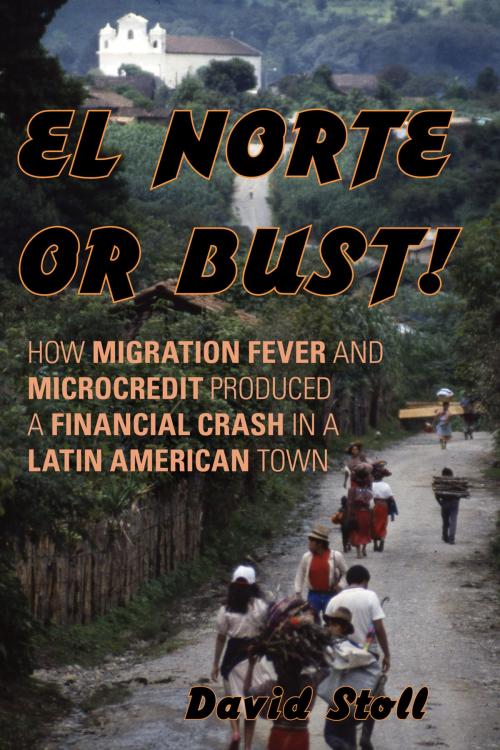El Norte or Bust!
How Migration Fever and Microcredit Produced a Financial Crash in a Latin American Town
Business & Finance, Economics, International Economics, Nonfiction, Social & Cultural Studies, Social Science, Anthropology| Author: | David Stoll | ISBN: | 9781442220690 |
| Publisher: | Rowman & Littlefield Publishers | Publication: | November 15, 2012 |
| Imprint: | Rowman & Littlefield Publishers | Language: | English |
| Author: | David Stoll |
| ISBN: | 9781442220690 |
| Publisher: | Rowman & Littlefield Publishers |
| Publication: | November 15, 2012 |
| Imprint: | Rowman & Littlefield Publishers |
| Language: | English |
Debt is the hidden engine driving undocumented migration to the United States. So argues David Stoll in this powerful chronicle of migrants, moneylenders, and swindlers in the Guatemalan highlands, one of the locales that, collectively, are sending millions of Latin Americans north in search of higher wages. As an anthropologist, Stoll has witnessed the Ixil Mayas of Nebaj grow in numbers, run out of land, and struggle to find employment. Aid agencies have provided microcredits to turn the Nebajenses into entrepreneurs, but credit alone cannot boost productivity in crowded mountain valleys, which is why many recipients have invested the loans in smuggling themselves to the United States. Back home, their remittances have inflated the price of land so high that only migrants can afford to buy it. Thus, more Nebajenses have felt obliged to borrow the large sums needed to go north. So many have done so that, even before the Great Recession hit the U.S. in 2008, many were unable to find enough work to pay back their loans, triggering a financial crash back home. Now migrants and their families are losing the land and homes they have pledged as collateral. Chain migration, moneylending, and large families, Stoll proposes, have turned into pyramid schemes in which the poor transfer risk and loss to their near and dear.
Debt is the hidden engine driving undocumented migration to the United States. So argues David Stoll in this powerful chronicle of migrants, moneylenders, and swindlers in the Guatemalan highlands, one of the locales that, collectively, are sending millions of Latin Americans north in search of higher wages. As an anthropologist, Stoll has witnessed the Ixil Mayas of Nebaj grow in numbers, run out of land, and struggle to find employment. Aid agencies have provided microcredits to turn the Nebajenses into entrepreneurs, but credit alone cannot boost productivity in crowded mountain valleys, which is why many recipients have invested the loans in smuggling themselves to the United States. Back home, their remittances have inflated the price of land so high that only migrants can afford to buy it. Thus, more Nebajenses have felt obliged to borrow the large sums needed to go north. So many have done so that, even before the Great Recession hit the U.S. in 2008, many were unable to find enough work to pay back their loans, triggering a financial crash back home. Now migrants and their families are losing the land and homes they have pledged as collateral. Chain migration, moneylending, and large families, Stoll proposes, have turned into pyramid schemes in which the poor transfer risk and loss to their near and dear.















